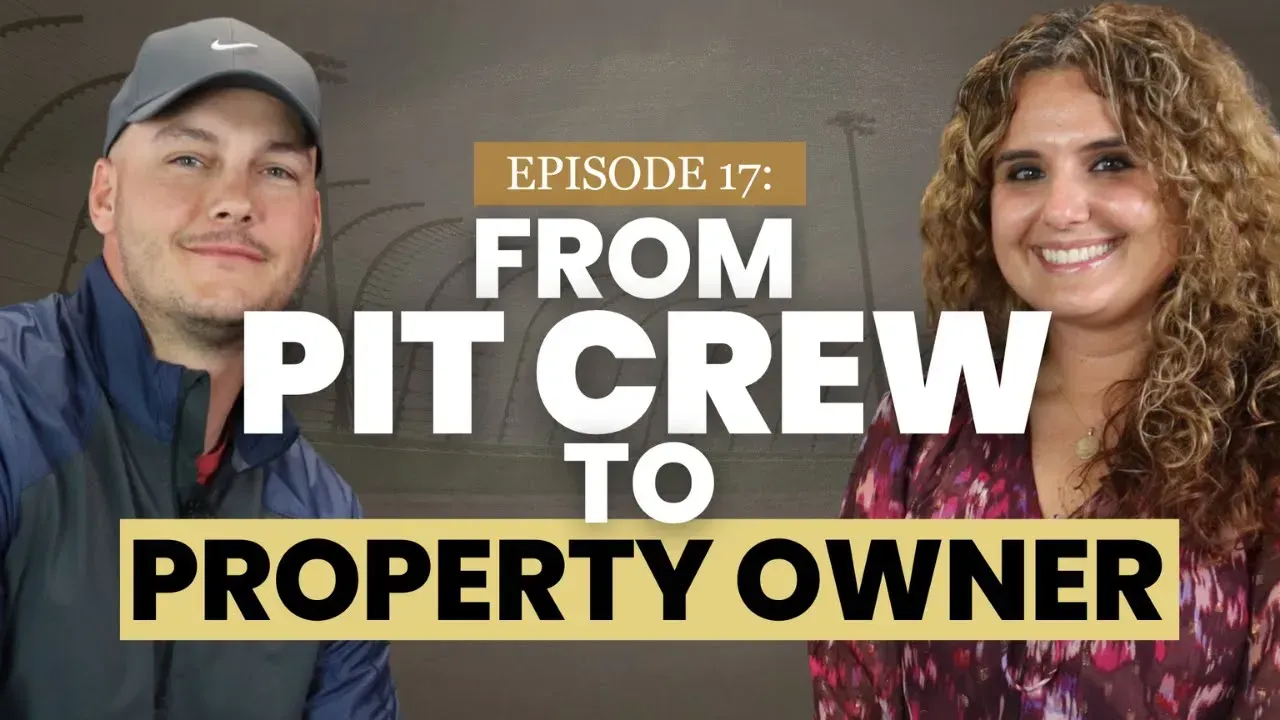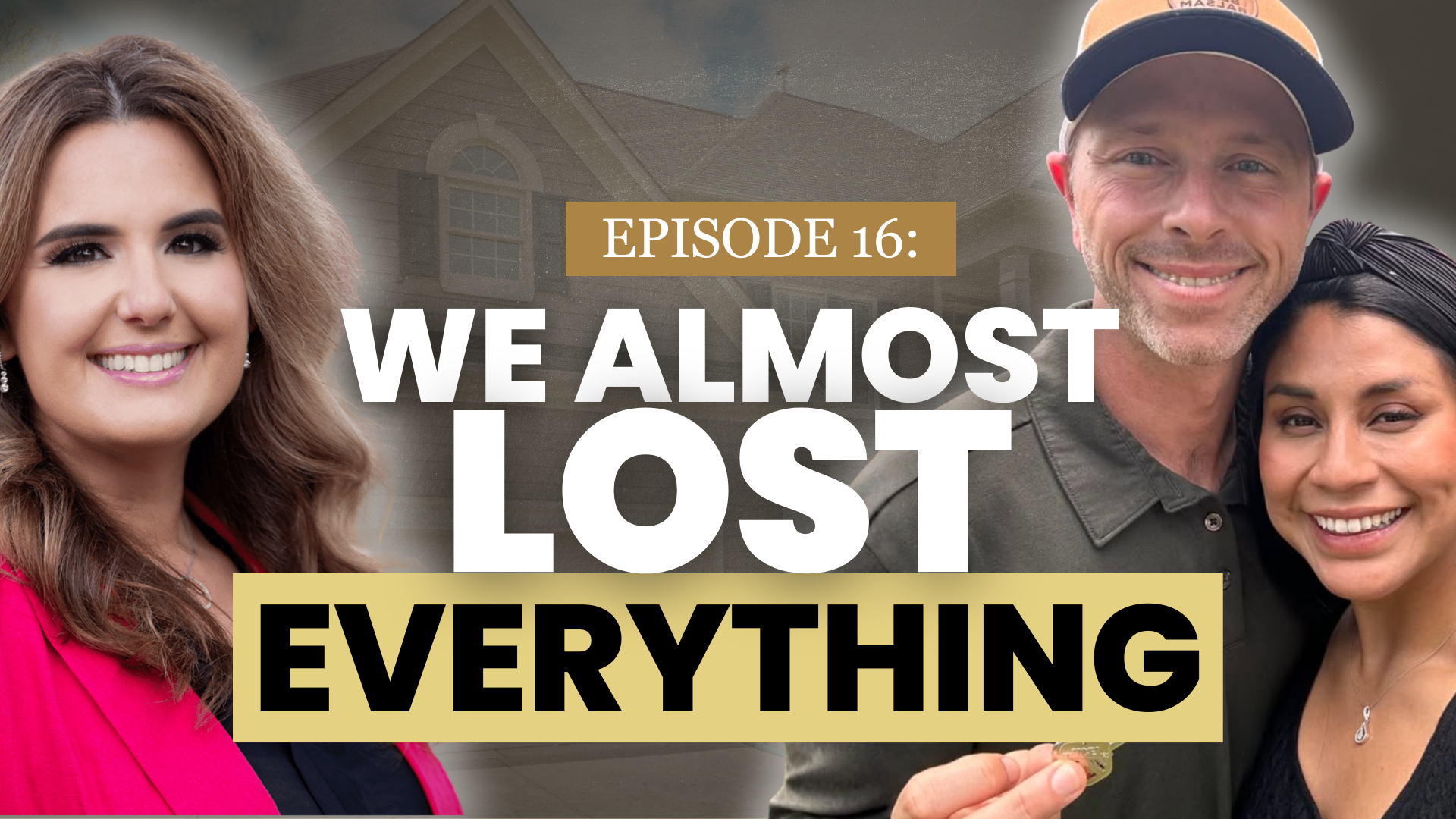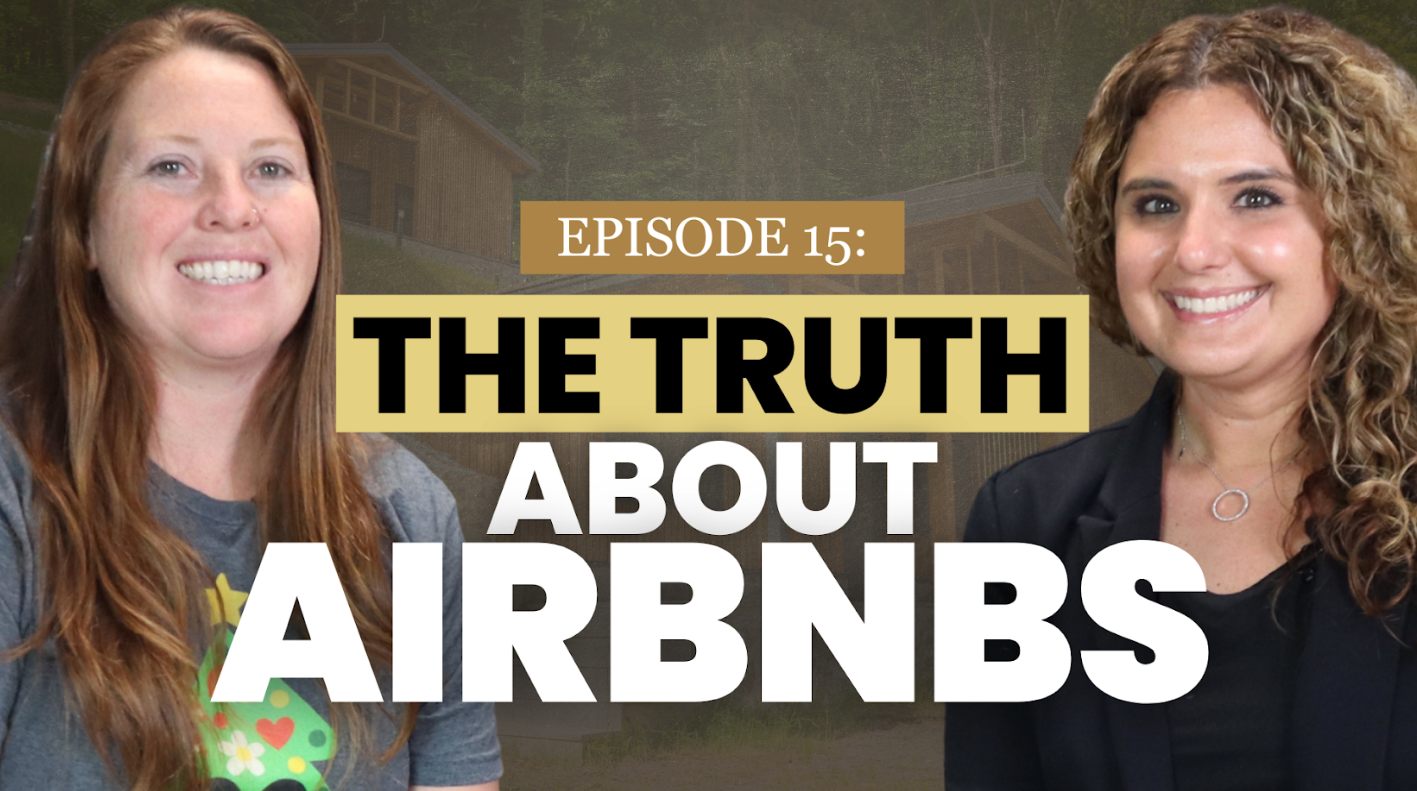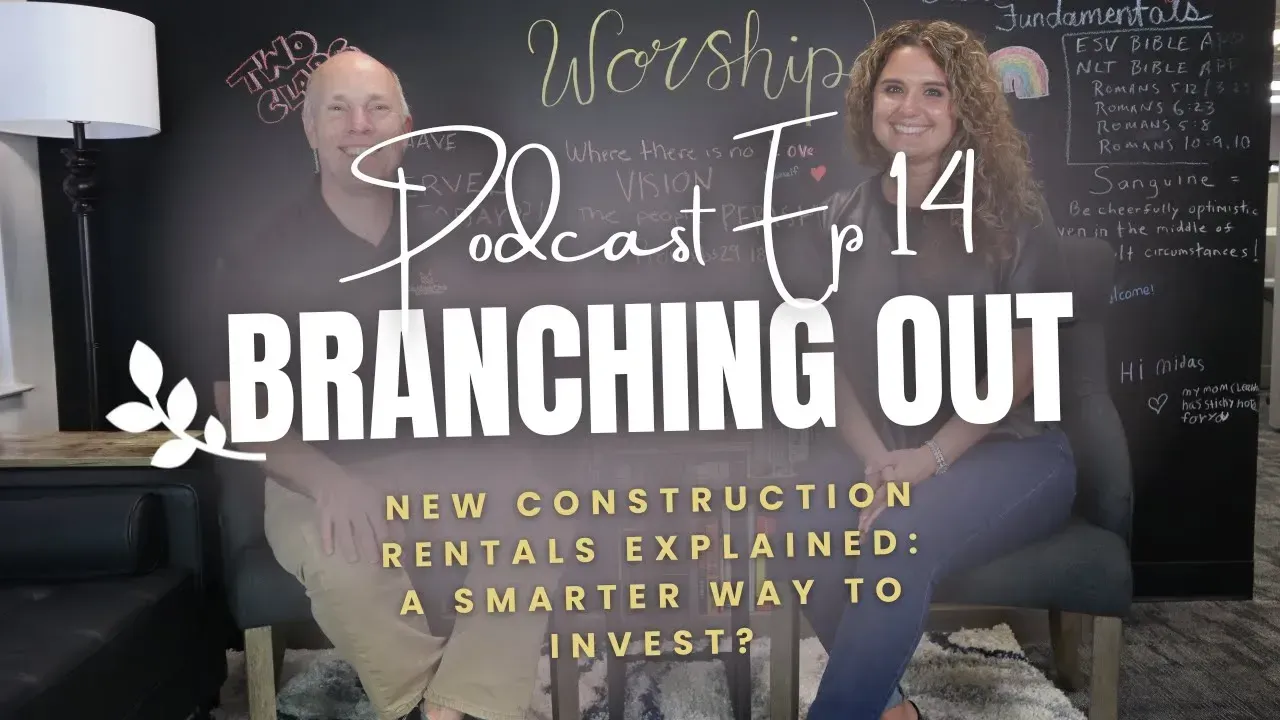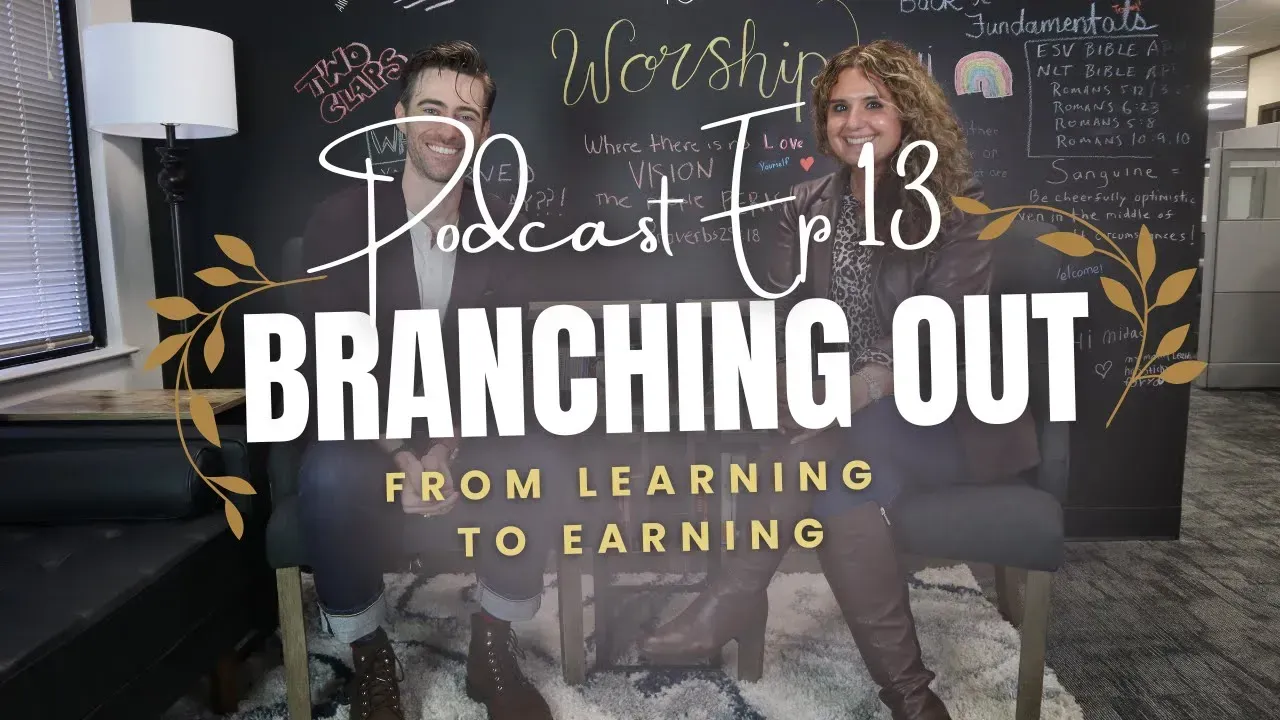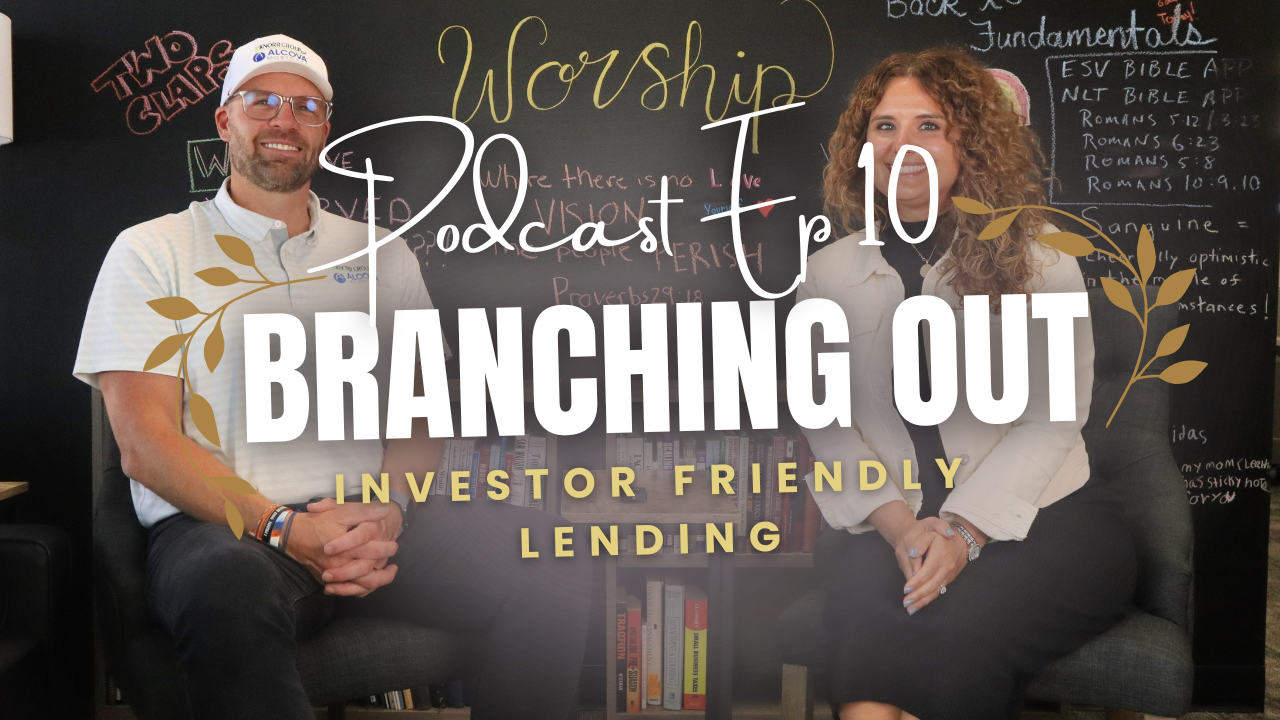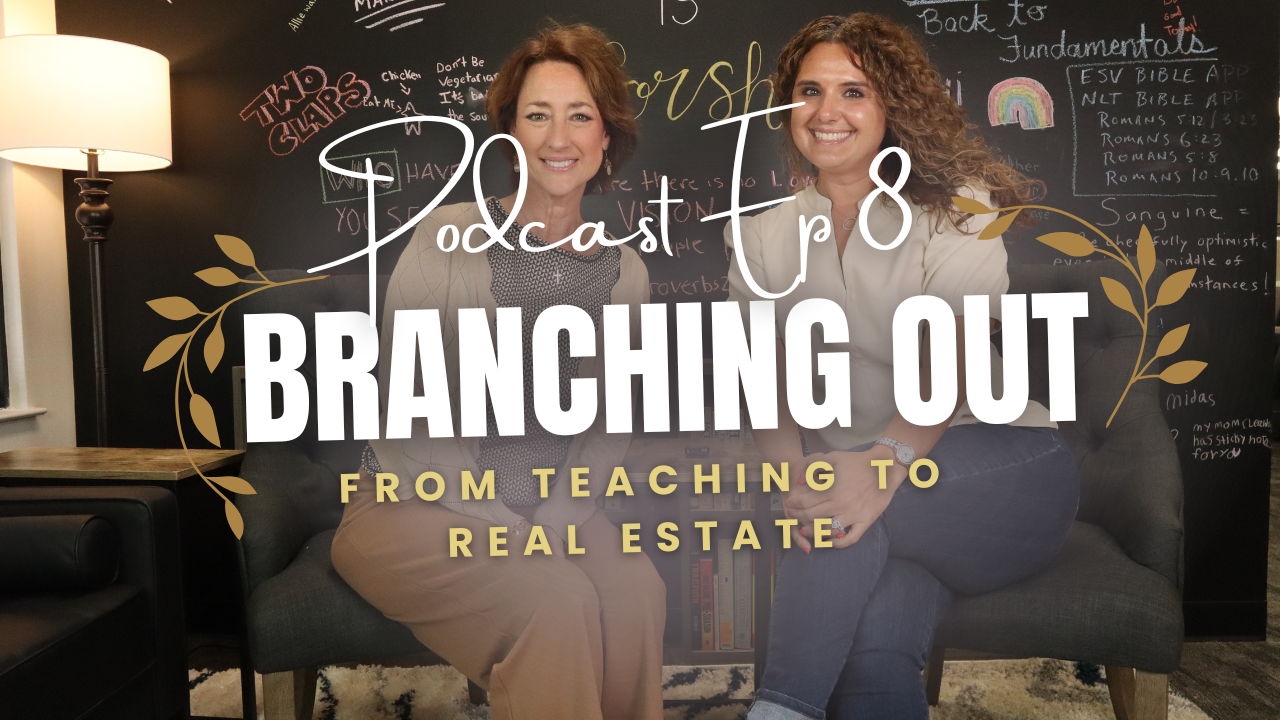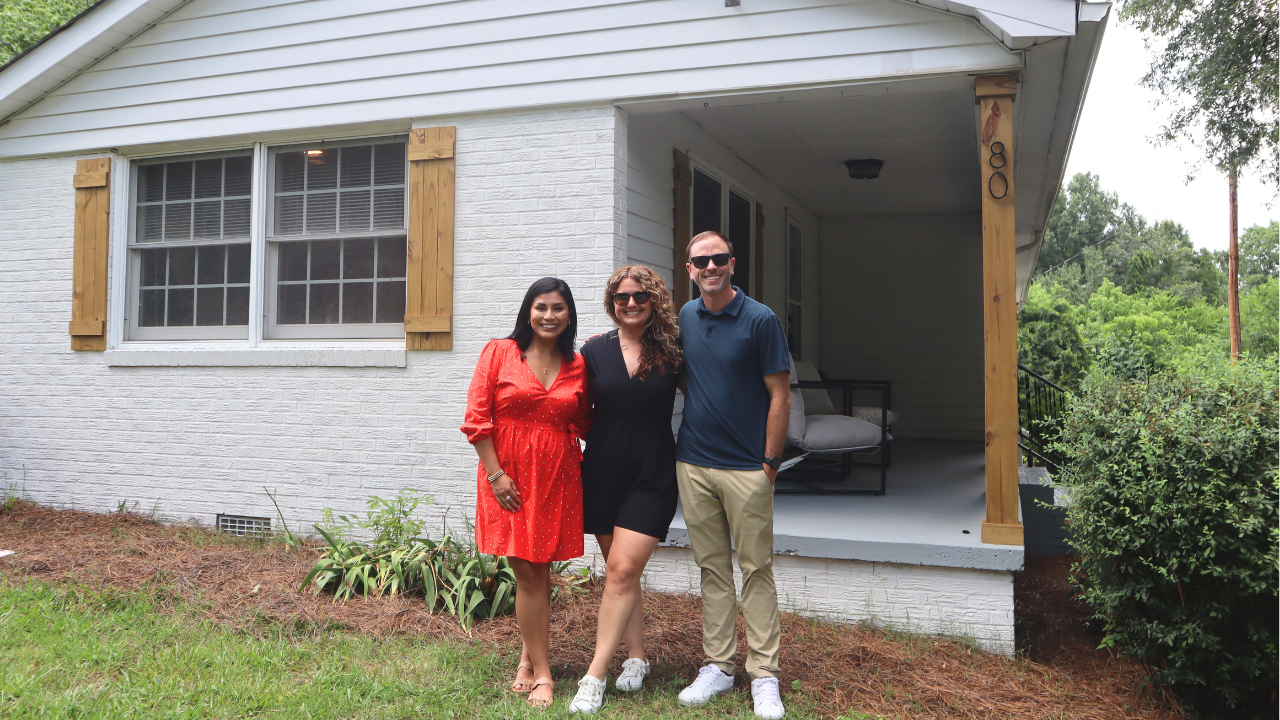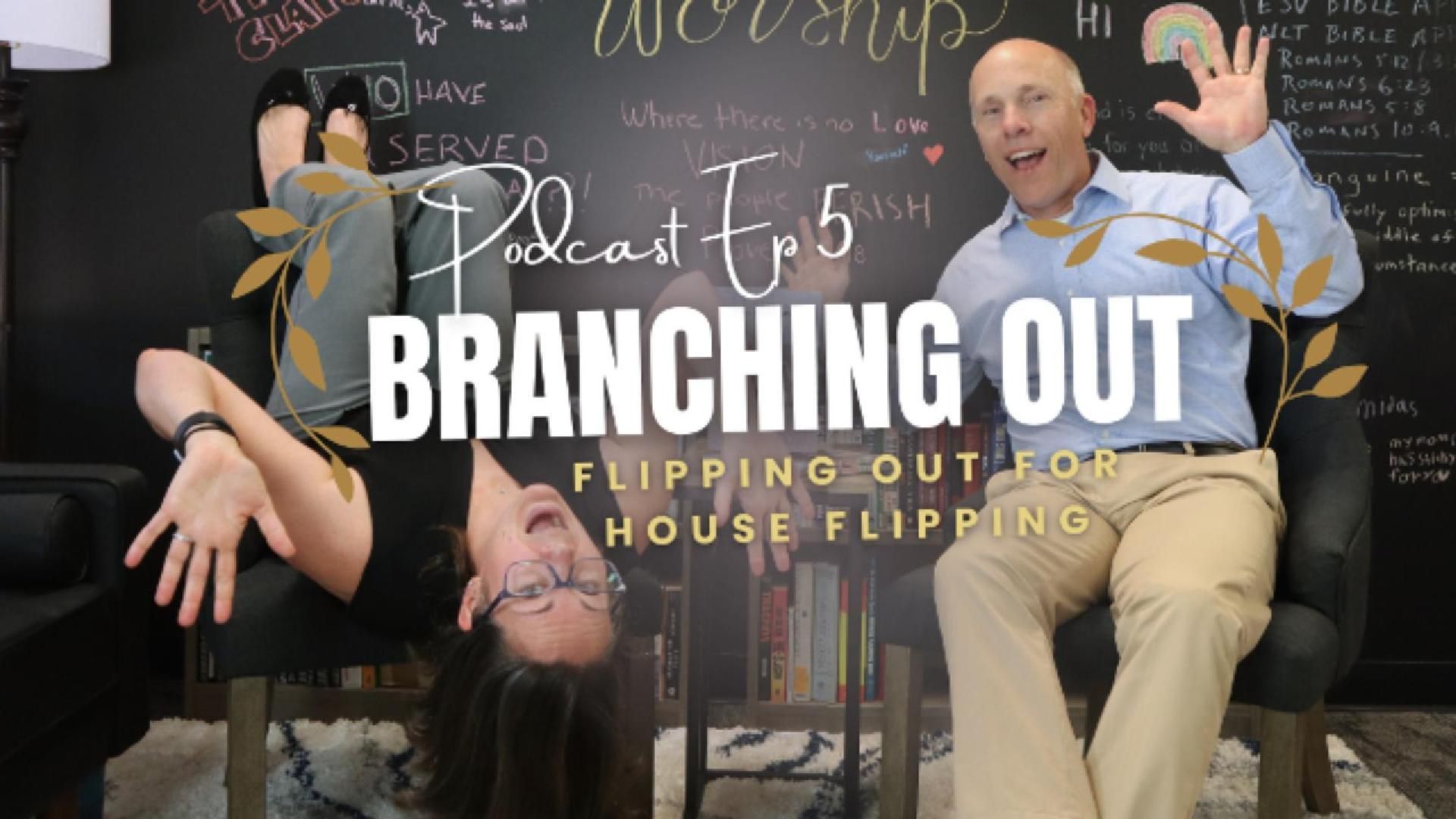Insurance Lessons Every Real Estate Investor Should Know
Protecting Your Properties
Insurance Lessons Every Real Estate Investor Should Know
When most people think about real estate investing, they focus on buying the right property, finding tenants, or managing renovations. But one of the most overlooked (and most important) parts of the equation is insurance.
That’s why we sat down with Jessica Tucker of The Bird Agency, our go-to insurance expert in Concord, NC — and an investor herself — to break down what every landlord and investor needs to know.
🎥 Watch the full video on YouTube
New Paragraph
From Family Legacy to Insurance Expert
Jessica’s roots in insurance run deep. Her grandfather started his agency in 1963, eventually becoming one of the biggest Nationwide agents on the East Coast.
“I got into insurance in 2007,” Jessica shared. “Two years later, when my granddad retired, my brother and I were able to take the business over. It was perfect timing.”
Today, she leads The Bird Agency, which writes personal, commercial, and life insurance — and, like many of her clients, she’s also an investor.
The Flooded Townhouse Lesson
Jessica’s first rental was her own townhouse in Cornelius. She and her husband decided to keep it when they bought their first home — a decision that turned into an unforgettable story.
“Our water heater busted — and the builder had put it in the attic,” she explained. “I was nine months pregnant, a week from giving birth, when we got a call that water was running out of the doors and windows.”
By the time they arrived, the ceiling had collapsed, and three inches of water filled the first floor. The rebuild cost $30,000.
Thankfully, insurance covered it (minus the deductible). And, as Jessica stressed, her policy even paid for the lost rental income while repairs were underway:
“Once your tenant moves out, you’re not getting that income anymore. That’s why loss of rent coverage is so important.”
Insurance Basics for Investors
Jessica walked through the coverage types investors need to know:
- Short-term vs. long-term rentals: Coverage itself doesn’t change, but a lot of carriers simply won’t write policies for Airbnbs or nightly rentals. You need to make sure your company will.
- Vacant properties: Most landlord policies have a 60-day vacancy clause. After that, claims can be denied. If your property sits longer, you need a vacant policy — but those are expensive.
- Builder’s risk: For ground-up construction or a full rehab down to the studs, you want a builder’s risk policy. And make sure you add liability — most don’t include it by default.
- Liability protection: So many landlords don’t realize their base policy doesn’t cover liability. If someone gets hurt and sues, your personal assets are on the line. An umbrella policy is one of my favorites — it literally sits on top of your existing coverage and adds protection.
What’s Not Covered
Two of the biggest surprises for new investors are flood and earth movement.
“Flood doesn’t mean a busted pipe — that’s covered,” Jessica clarified. “Flood is outside water, like a hurricane or storm surge, coming into the house. That’s a separate policy.”
And as for foundations or settling? “Earth movement isn’t covered either. If you’ve got foundation issues or cracking driveways, that’s not insurance. That’s maintenance.”
Why Rates Keep Going Up
Every investor has noticed rising premiums — and Jessica explained why.
“People stop at labor and material costs, but insurance also covers your contents, your loss of use, even paying for you to live somewhere else if your house burns down,” she said. “All of those costs have skyrocketed since 2020.”
Add to that more frequent natural disasters and fraud — like door-to-door roofers pushing unnecessary claims — and rates climb for everyone.
Key Takeaways for Investors
Jessica left us with a few non-negotiables:
- Always require tenants to carry renters’ insurance and list you as an additional insured.
- Ask every contractor for a certificate of insurance with liability and workers’ comp before they step on your property.
- Review your replacement cost coverage regularly — most investors today are underinsured.
- Use insurance for catastrophes, not maintenance. As Jessica put it: “Insurance isn’t a maintenance plan. It’s for when the big things go wrong.”
How to Connect with Jessica
Jessica Tucker and her team at The Bird Agency are based in Concord, NC. You can find her at birdagencyinc.com, on Facebook or Instagram, or by stopping by her office on Davidson Drive.
Ready to Take the Next Step as an Investor?
At Branch Wealth Partners, we help investors move beyond the basics and into building long-term wealth through real estate.
If you’re ready to learn more:
- Grab our free guide
- Join one of our monthly deep-dive workshops
Because the right knowledge — and the right protection — can make all the difference in your investing journey.



